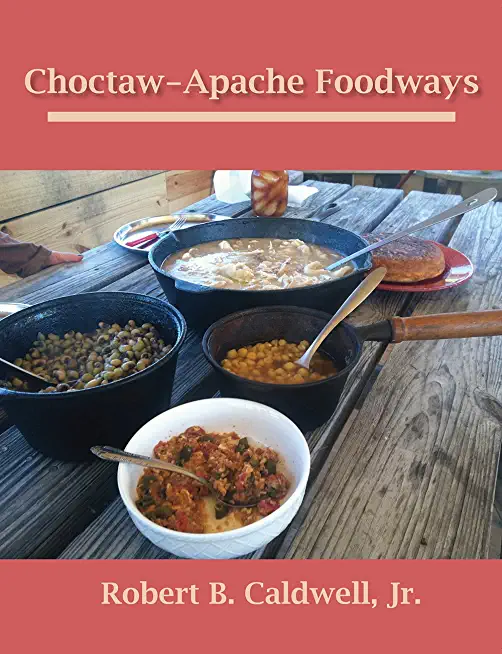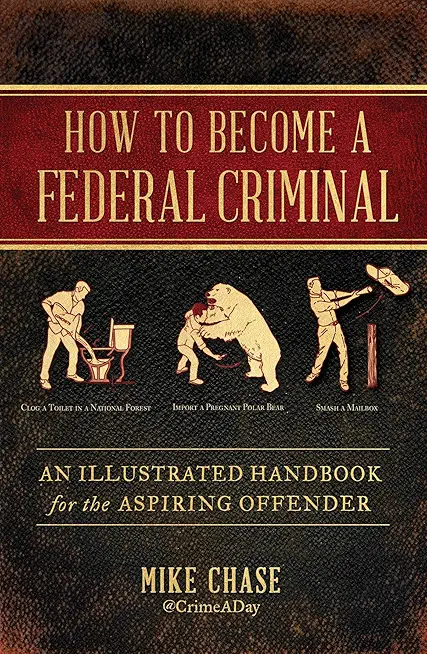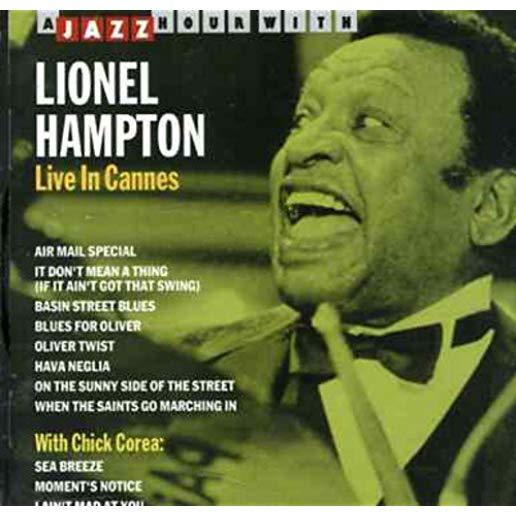
description
4Texas is now hidden in a dense pine forest. Anthropologists have long divided American Indian cultures into southeastern and southwestern cultural areas. the Choctaw-Apache represent a distinct mix between these "food areas." Choctaw-Apache foodways are influenced by numerous cultural regions and ecological niches (river bottomland, southern forests, plains, desert) along the Camino Real de los Tejas (northeastern Mexico, Texas, Louisiana) and the culture region of the U.S. Southeast, as well as hundreds of years of cultural interactions between so-called "old world" and indigenous groups. The subject matter of this book has long been a mystery to outsiders. The cuisine developed from a longstanding cultural exchange between tribes of the southwest and southeast, and the colonial-era Spanish and French. These multiple food influences crossed cultural boundaries in the 18th and early 19th century to blend into a distinctive local cuisine that serves as an ethnic marker that sets this American Indian community apart from surrounding groups. In the past, both mystery and fear kept the outside world at arm's length. This book brings the community's cuisine and its rich history to a broad audience.
member goods
No member items were found under this heading.
notems store

National Gallery of Art 2022 ...
by National Gallery of Art Washington D. C.
Calendar/Blank Book /Desk$12.74
Return Policy
All sales are final
Shipping
No special shipping considerations available.
Shipping fees determined at checkout.






